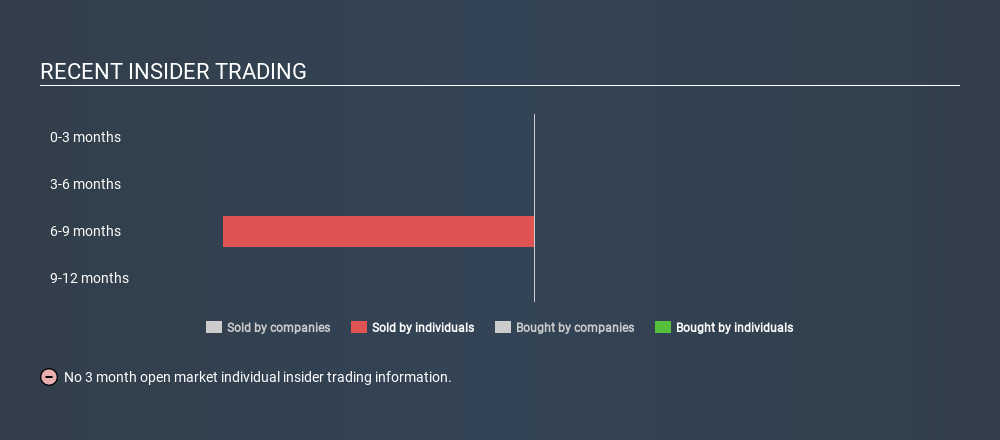- United States
- /
- Food
- /
- NasdaqGS:CPB
How Much Are Campbell Soup Company (NYSE:CPB) Insiders Taking Off The Table?
We've lost count of how many times insiders have accumulated shares in a company that goes on to improve markedly. The flip side of that is that there are more than a few examples of insiders dumping stock prior to a period of weak performance. So before you buy or sell Campbell Soup Company (NYSE:CPB), you may well want to know whether insiders have been buying or selling.
Do Insider Transactions Matter?
Most investors know that it is quite permissible for company leaders, such as directors of the board, to buy and sell stock in the company. However, rules govern insider transactions, and certain disclosures are required.
Insider transactions are not the most important thing when it comes to long-term investing. But it is perfectly logical to keep tabs on what insiders are doing. For example, a Harvard University study found that 'insider purchases earn abnormal returns of more than 6% per year.
Check out our latest analysis for Campbell Soup
Campbell Soup Insider Transactions Over The Last Year
In the last twelve months, the biggest single sale by an insider was when the insider, Stanley Polomski, sold US$399k worth of shares at a price of US$41.01 per share. That means that an insider was selling shares at slightly below the current price (US$47.74). We generally consider it a negative if insiders have been selling, especially if they did so below the current price, because it implies that they considered a lower price to be reasonable. However, while insider selling is sometimes discouraging, it's only a weak signal. We note that the biggest single sale was only 28% of Stanley Polomski's holding.
Insiders in Campbell Soup didn't buy any shares in the last year. The chart below shows insider transactions (by individuals) over the last year. If you want to know exactly who sold, for how much, and when, simply click on the graph below!

If you are like me, then you will not want to miss this free list of growing companies that insiders are buying.
Insider Ownership of Campbell Soup
Another way to test the alignment between the leaders of a company and other shareholders is to look at how many shares they own. I reckon it's a good sign if insiders own a significant number of shares in the company. Campbell Soup insiders own about US$5.4b worth of shares (which is 37% of the company). I like to see this level of insider ownership, because it increases the chances that management are thinking about the best interests of shareholders.
So What Does This Data Suggest About Campbell Soup Insiders?
It doesn't really mean much that no insider has traded Campbell Soup shares in the last quarter. While we feel good about high insider ownership of Campbell Soup, we can't say the same about the selling of shares. Of course, the future is what matters most. So if you are interested in Campbell Soup, you should check out this free report on analyst forecasts for the company.
Of course, you might find a fantastic investment by looking elsewhere. So take a peek at this free list of interesting companies.
For the purposes of this article, insiders are those individuals who report their transactions to the relevant regulatory body. We currently account for open market transactions and private dispositions, but not derivative transactions.
If you spot an error that warrants correction, please contact the editor at editorial-team@simplywallst.com. This article by Simply Wall St is general in nature. It does not constitute a recommendation to buy or sell any stock, and does not take account of your objectives, or your financial situation. Simply Wall St has no position in the stocks mentioned.
We aim to bring you long-term focused research analysis driven by fundamental data. Note that our analysis may not factor in the latest price-sensitive company announcements or qualitative material. Thank you for reading.
About NasdaqGS:CPB
Campbell's
Manufactures and markets food and beverage products in the United States and internationally.
6 star dividend payer and good value.
Similar Companies
Market Insights
Community Narratives



